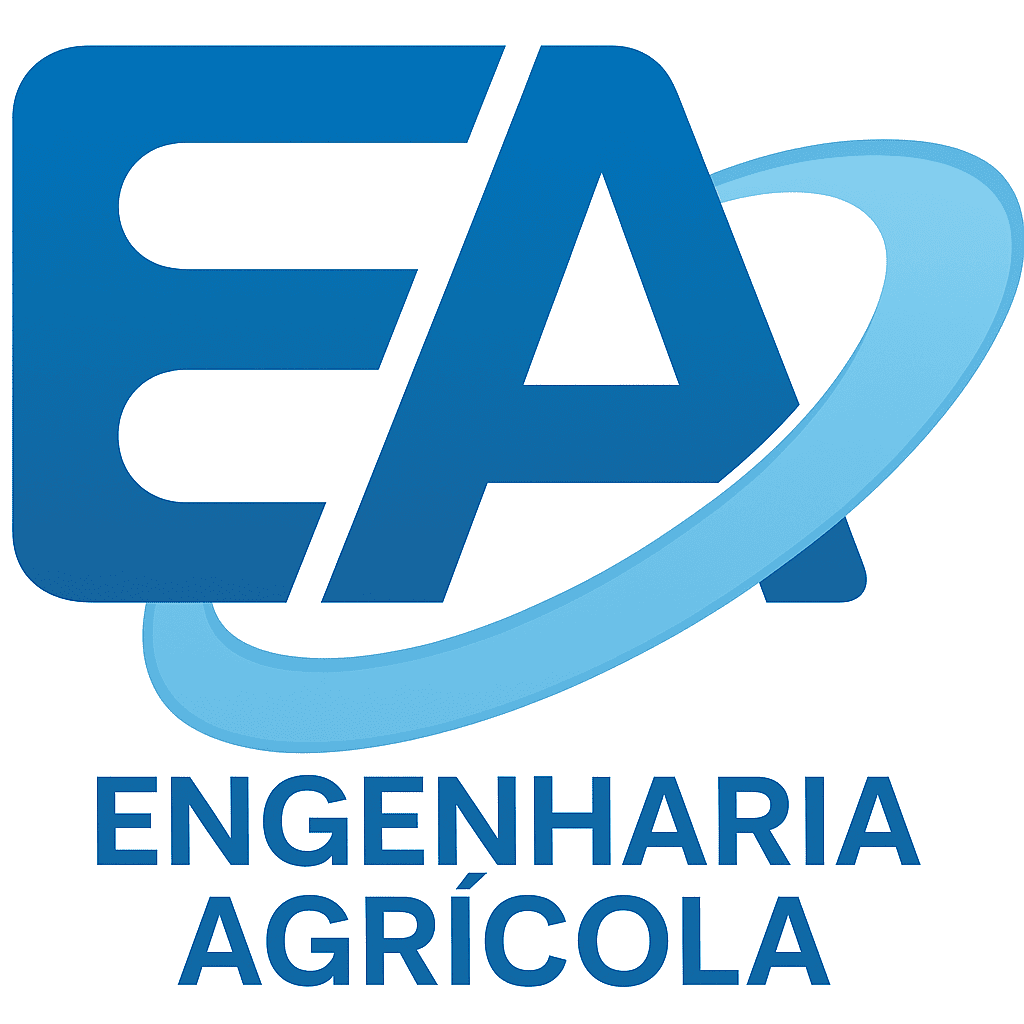The Strategic Planning of the Graduate Program in Agricultural Engineering (PGEA) of the Federal Rural University of Pernambuco (UFRPE) meets the demands of the academic community, as recorded in the institution's Institutional Development Plan (PDI). The latter, by detailing the functioning of UFRPE, establishes prospective strategies to guide institutional actions in all its dimensions — teaching, research and extension.
This document consolidates the Strategic Planning of the PGEA, an instrument that defines the objectives to be achieved and the methodological paths for their achievement. Its preparation was motivated, first of all, by the new evaluation system of Graduate Programs (PPGs), implemented by the Coordination for the Improvement of Higher Education Personnel (CAPES). Furthermore, it is the result of an initiative by the Office of the Vice-Rector for Graduate Studies (PRPPG) at UFRPE, which coordinated cooperation between the Graduate Programs and the Office of the Vice-Rector for Planning and Strategic Management (PROPLAN) of the university, with a view to collectively constructing this strategic planning for graduate programs.
The Strategic Planning in question is a fundamental tool for optimizing management and guiding the future development of the Graduate Program in Agricultural Engineering (PGEA). Its implementation will enable the improvement of the training of masters and doctors, through advances in critical dimensions: qualification of the teaching staff, student excellence, modernization of infrastructure, updating of the pedagogical proposal, increase in scientific production and consolidation of regional, national and international insertion.
The organizational identity of the PGEA – expressed in its Mission, Vision and Values – is fully aligned with the institutional objectives of the Federal Rural University of Pernambuco (UFRPE) and the guidelines of the Area of Agricultural Sciences I. Based on a comprehensive diagnosis that identified the program's strengths and weaknesses, strategic objectives and concrete actions were established to be implemented in the four-year period 2025-2028.
It is worth noting that the development of this plan had the active participation of PGEA faculty and students, ensuring legitimacy and adherence to the proposed goals. It is expected that its guidelines will promote: the modernization of laboratory and teaching infrastructure; the updating of student and faculty evaluation mechanisms; the reformulation of the pedagogical project, in line with contemporary demands; the strengthening of academic quality and scientific productivity; the expansion of initiatives for social inclusion and technological development, in line with the needs of society.
File

